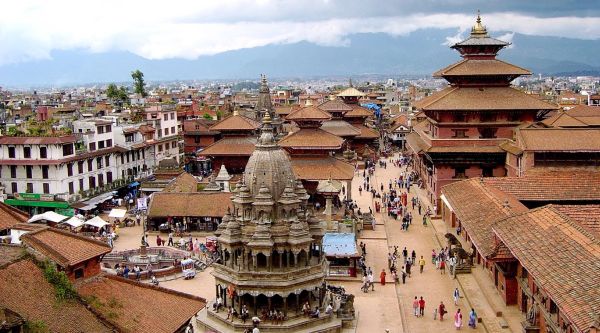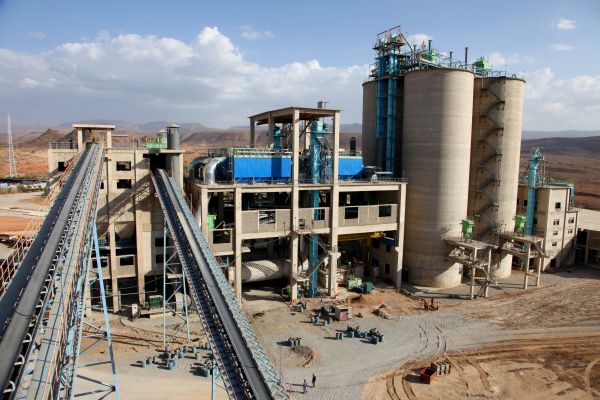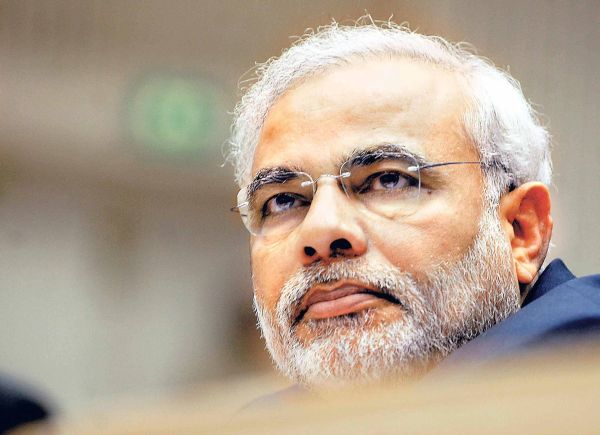Indian Prime Minister Narendra Modi’s recent visit to Nepal served as the perfect opportunity for both countries to forge a new regional partnership. Modi has asserted that the visit was highly successful and will pave the way for new chapter in renewing ties with the Himalayan Republic. The meet saw Modi connect really well with the country’s political leadership, with the Indian Prime Minister making sure he spoke to several other leaders apart from just Sushil Koirala.

Modi also stated that India would not interfere with the Nepal’s internal affairs or sovereignty. He also revealed that India is more than ready to update the 1950 Peach and Friendship Treaty between the two countries, a move he felt would put to rest, accusations of the treaty being in favor of India.
Modi also offered India’s help and support in the development of Nepal’s socio-economic sector via HIT (Highways, Information Technology and Transmission) lines of power. In addition to offering the country a loan of $1 billion to build roads and power plants, Modi has asserted that India would stand by Nepal in achieving the latter’s goals in these areas.
Modi also identified potential areas where the bilateral cooperation between both countries could be strengthened, including hydropower, tourism, investment and trade. India is of the hope that its trade deficit could be handled by developing hydropower in Nepal and exporting the surplus power back home. Both countries have also agreed to consider and develop cross border direct routes that would connect flights directly to the airports Lucknow, Bhirahawa and Pokhara.

Modi’s bi lateral visit to Nepal is the first by an Indian Prime minister in over 17 years. Many consider this move as a renewed effort by the government to cement ties with immediate neighbors. Some also feel that Modi’s attempts to renew ties with neighbors have come in the wake of China increasing its footprint in South Asia by building ports in Bangladesh and Sri Lanka, and roads and power plants in Nepal. While China aims to concentrate more on foreign policy calculations and security, India hopes to use these ties to spur economic growth and drive domestic needs.
Prime Minister Narendra Modi’s visit to Nepal has shed light on the necessity for high level visits to add strengthen bilateral ties between neighboring countries. It also asserts the importance of forging ties with strategic neighbors in order to facilitate the development of a partnership that would facilitate sub-regional cooperation between both countries.



